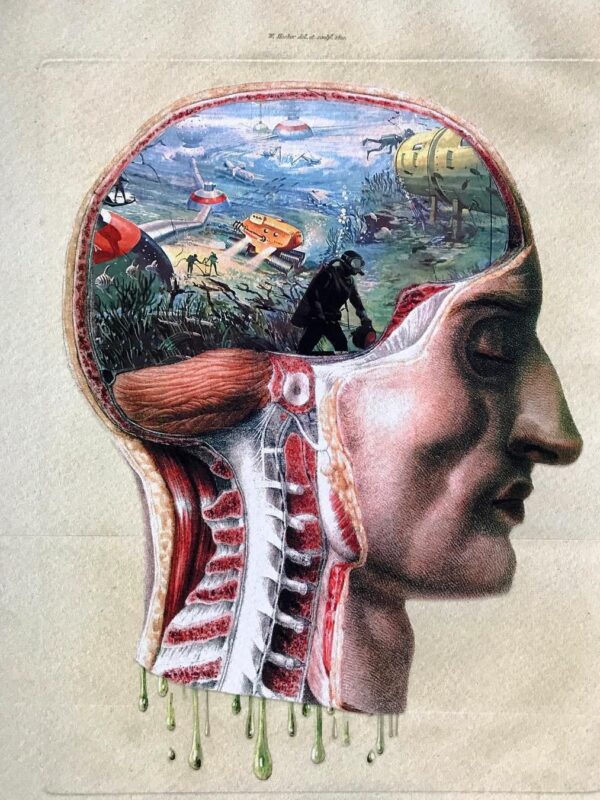Understanding Impostor Syndrome: Types and Quick Tips to Overcome It
Impostor Syndrome (also known as impostorism, fraud syndrome or the impostor experience) is a pervasive feeling of insecurity, self-doubt, or fraudulence despite often overwhelming evidence to the contrary. It usually strikes intelligent and successful individuals and it often comes to surface after an especially notable accomplishment – be it an admission to a prestigious university, winning an award, earning a promotion or obtaining public acclaim.
Understanding Impostor Syndrome: Types and Quick Tips to Overcome It Read article










